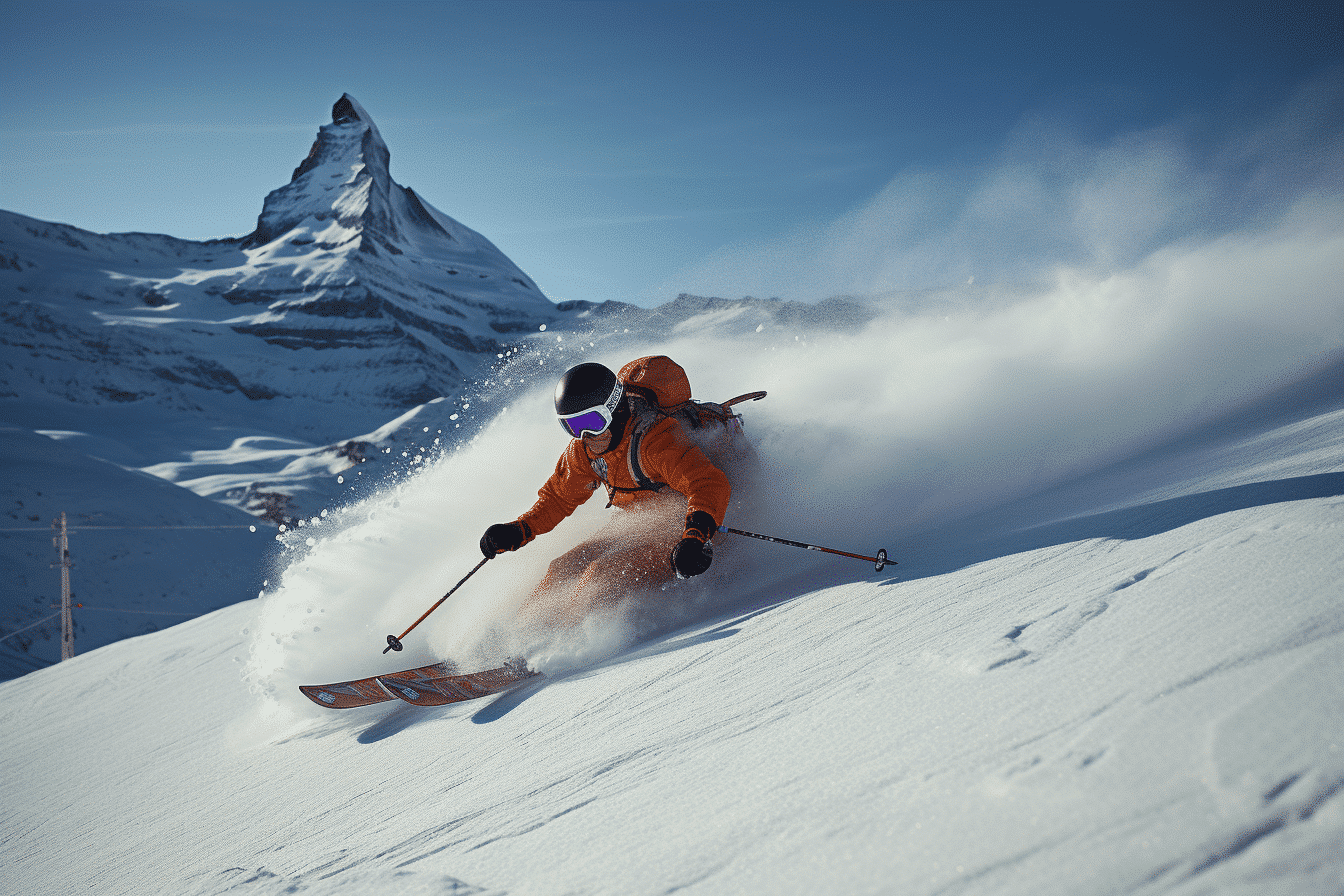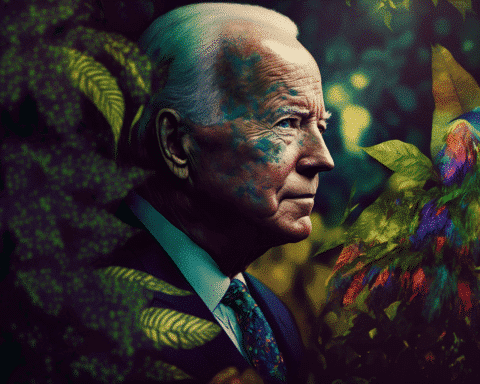In a significant moment for winter sports enthusiasts, the much-anticipated World Cup downhill ski racing has officially begun on the newly minted Gran Becca track. This remarkable course, nestled beside the majestic Matterhorn mountain, offers a unique bi-national experience, starting in Switzerland and concluding in Italy. The launch marks a milestone after last year’s planned races were scrapped due to inadequate early-season snowfall.
The Gran Becca track, which was to make its debut last season, experienced a setback when two weekends of races were canceled due to insufficient snow. This year, however, organizers faced environmental scrutiny as they transported snow from a nearby glacier to ready the slopes for competition—a move that led to an investigation by regional authorities and drew the ire of environmental group Greenpeace.
Despite these controversies, the ski racing world has seen a favorable turn of events with a recent natural snowfall that has blanketed Zermatt, the renowned Swiss resort town. This timely winter cloak has allowed back-to-back World Cup weekends to be scheduled, albeit two weeks later than the previous year—a deliberate adjustment to the evolving challenges posed by climate change on winter sports.
The ambitious Gran Becca course spans 3.8 kilometers, starting at an altitude of about 3,700 meters near Zermatt, and descends to a finish line at 2,835 meters in the Italian area of Laghi Cime Bianche. The track is now one of the longest on the World Cup circuit, and during Wednesday’s initial training run, racers took just over two minutes to complete the course, offering a thrilling preview of the competitive action to come.
Under the brilliant blue of sunny skies, and with temperatures dipping to a crisp minus-7 degrees Celsius, the athletes showcased their prowess on the slopes. Austrian skier Otmar Streidinger emerged with the fastest time among the 82 competitors, which included the defending World Cup overall champion, Switzerland’s Marco Odermatt. Notably, Finnish skier Elian Lehto reached impressive speeds, clocking in at nearly 128 kilometers per hour.
With additional training runs slated for Thursday and Friday, the stage is set for a captivating weekend of World Cup races. The men’s event will commence this ritual of speed and precision, soon to be followed by the women’s downhill races scheduled for November 18 and 19.
The International Ski and Snowboard Federation is optimistic that this event will invigorate Alpine ski racing and attract tourists earlier in the season, potentially extending the lucrative ski tourism period.
As the world of ski racing turns its gaze to the slopes of the Matterhorn, the Gran Becca course is poised to become a new jewel in the crown of the World Cup circuit. Its challenging terrain and scenic beauty, coupled with the pioneering spirit of overcoming environmental and climatic challenges, signify a new chapter in the sport’s rich history. Fans and athletes alike are eager to see how the races unfold, heralding a fresh era for downhill skiing.




